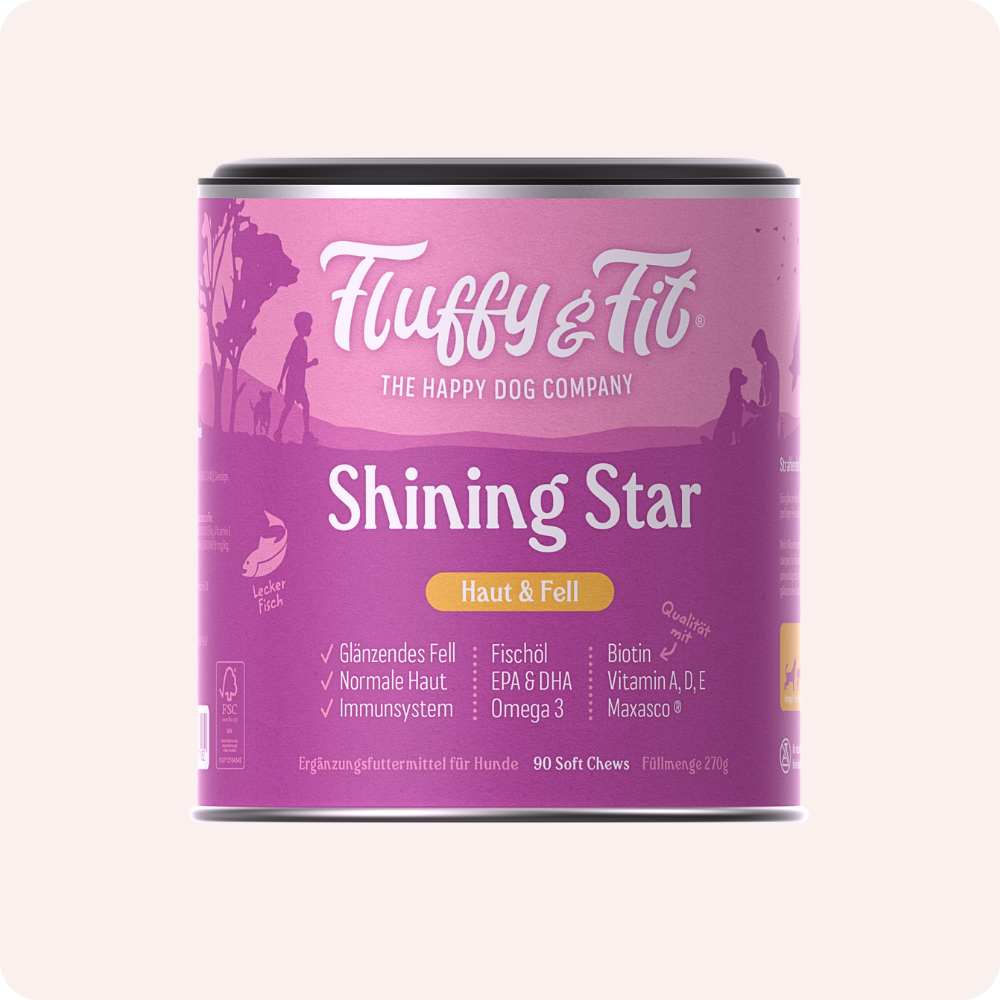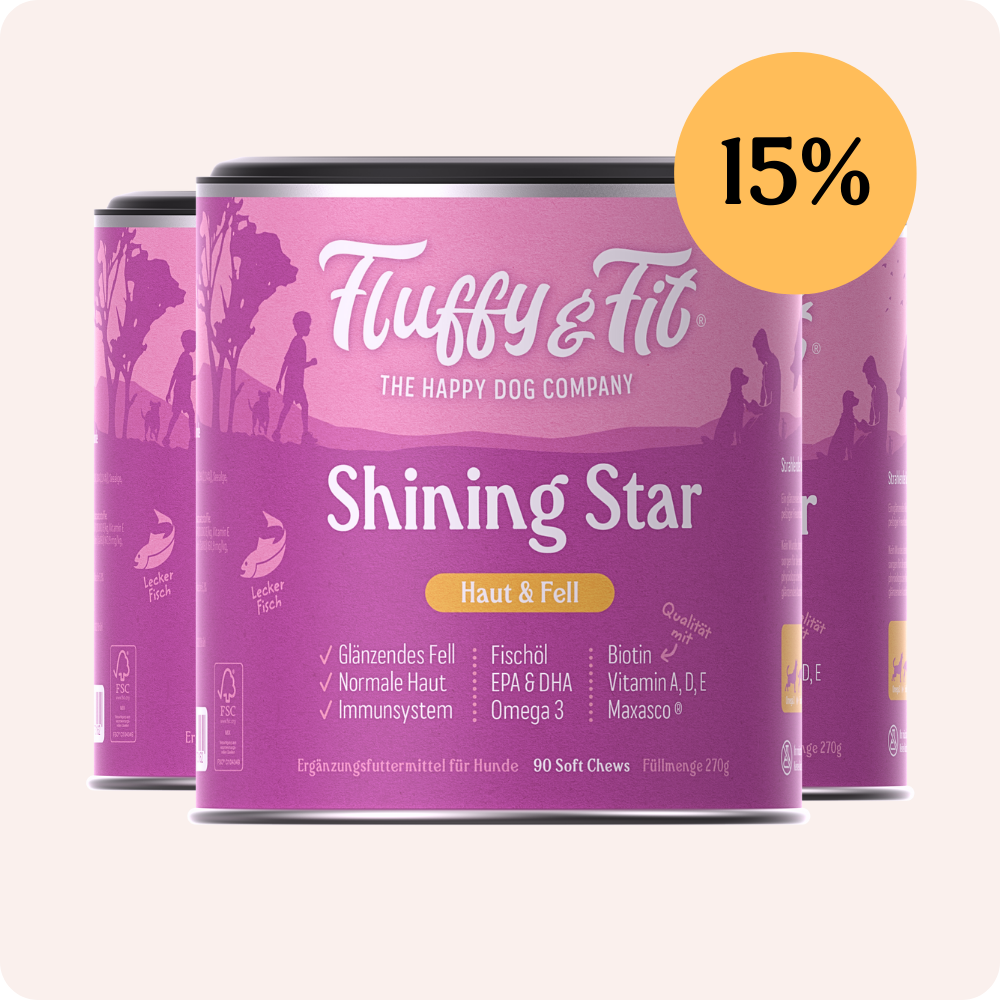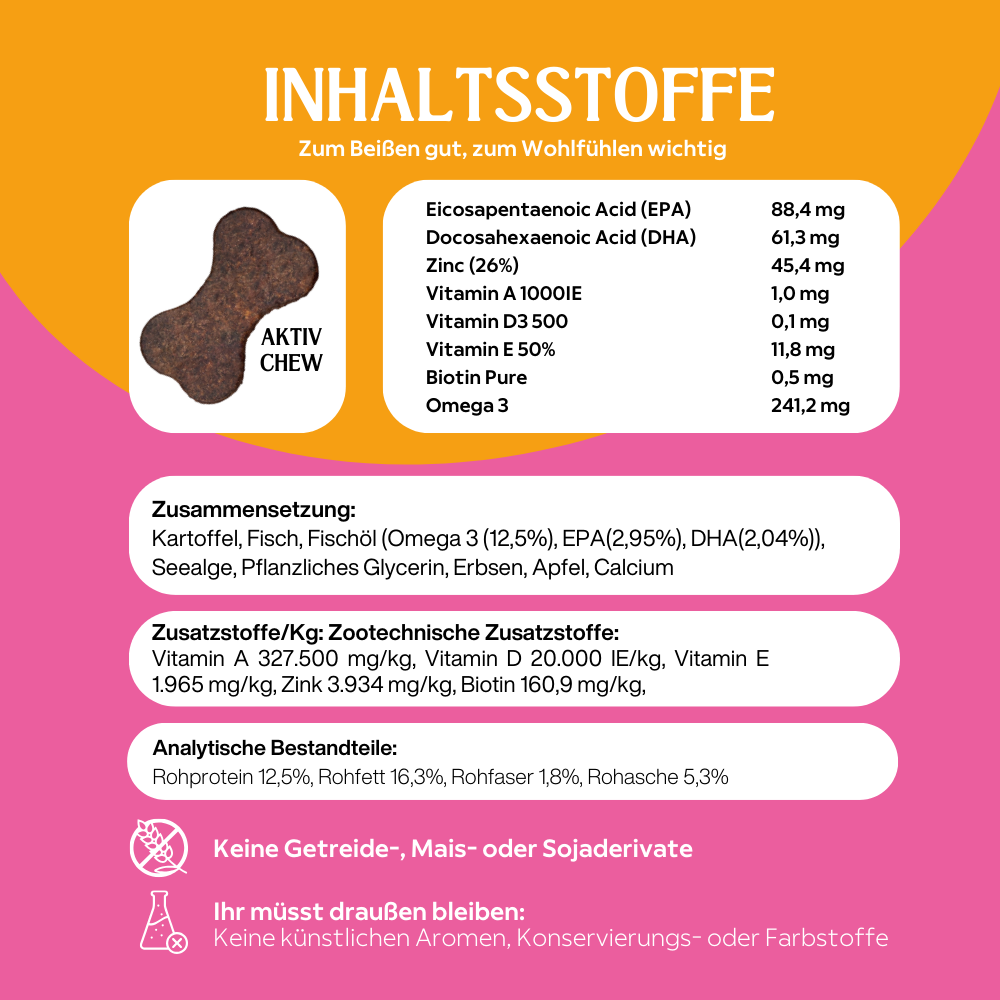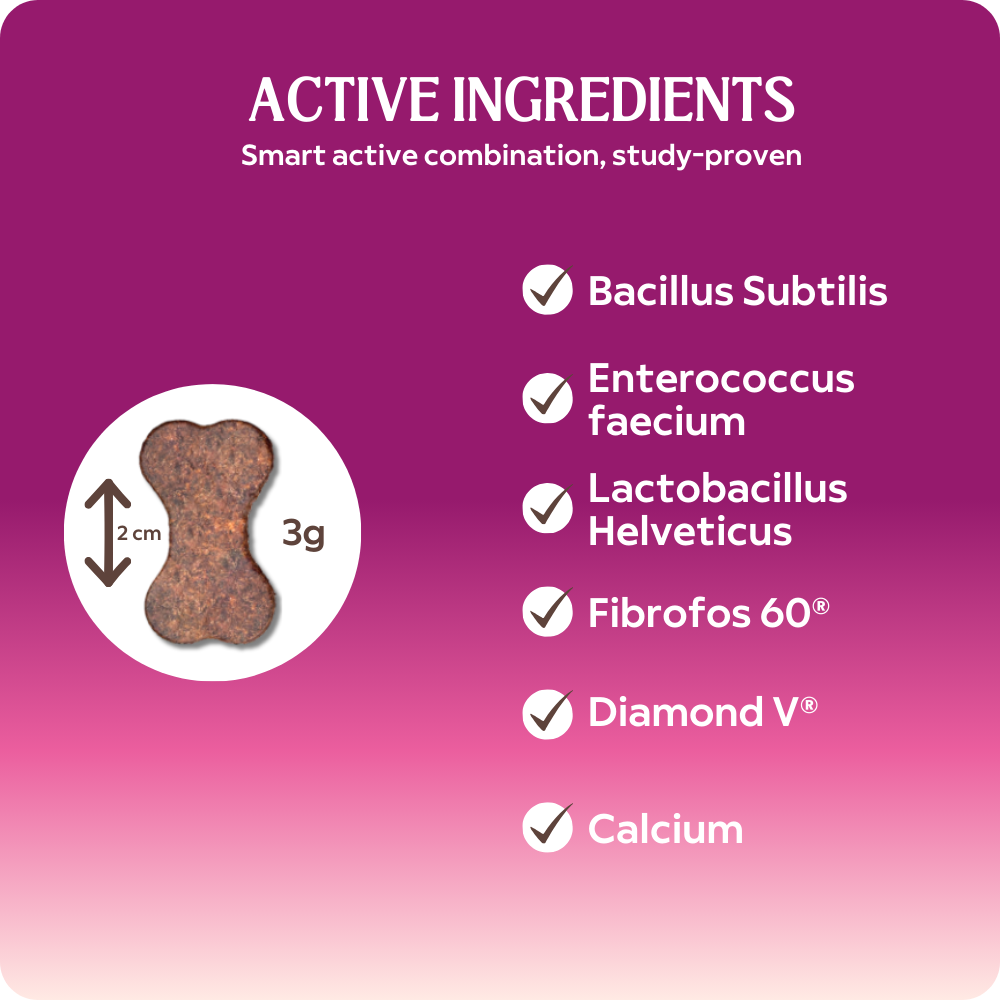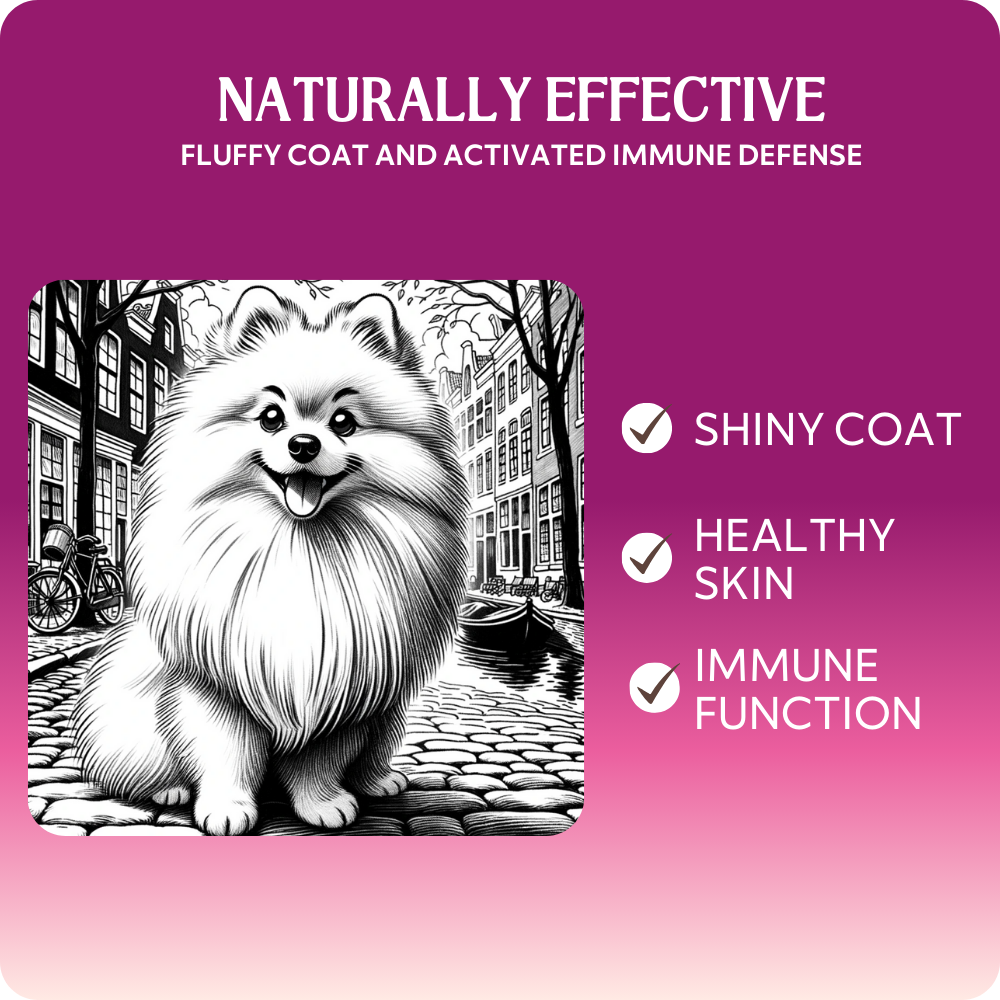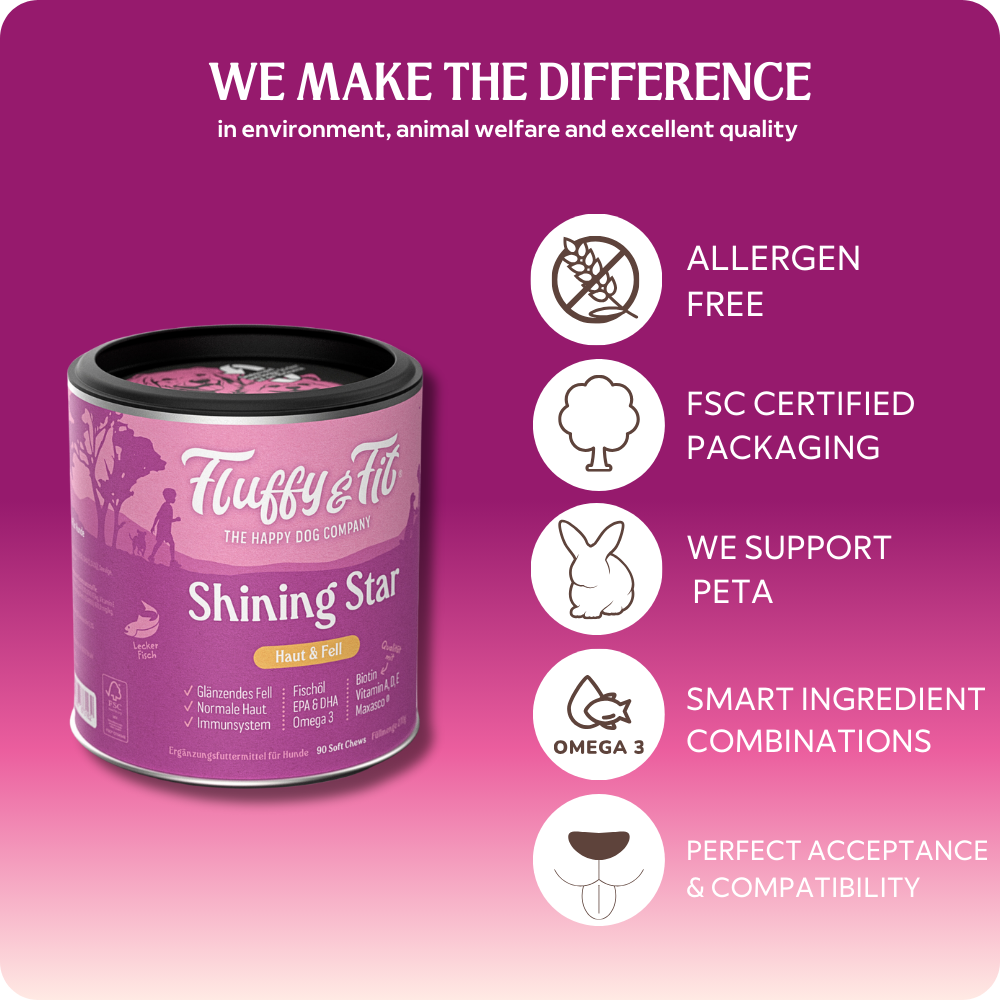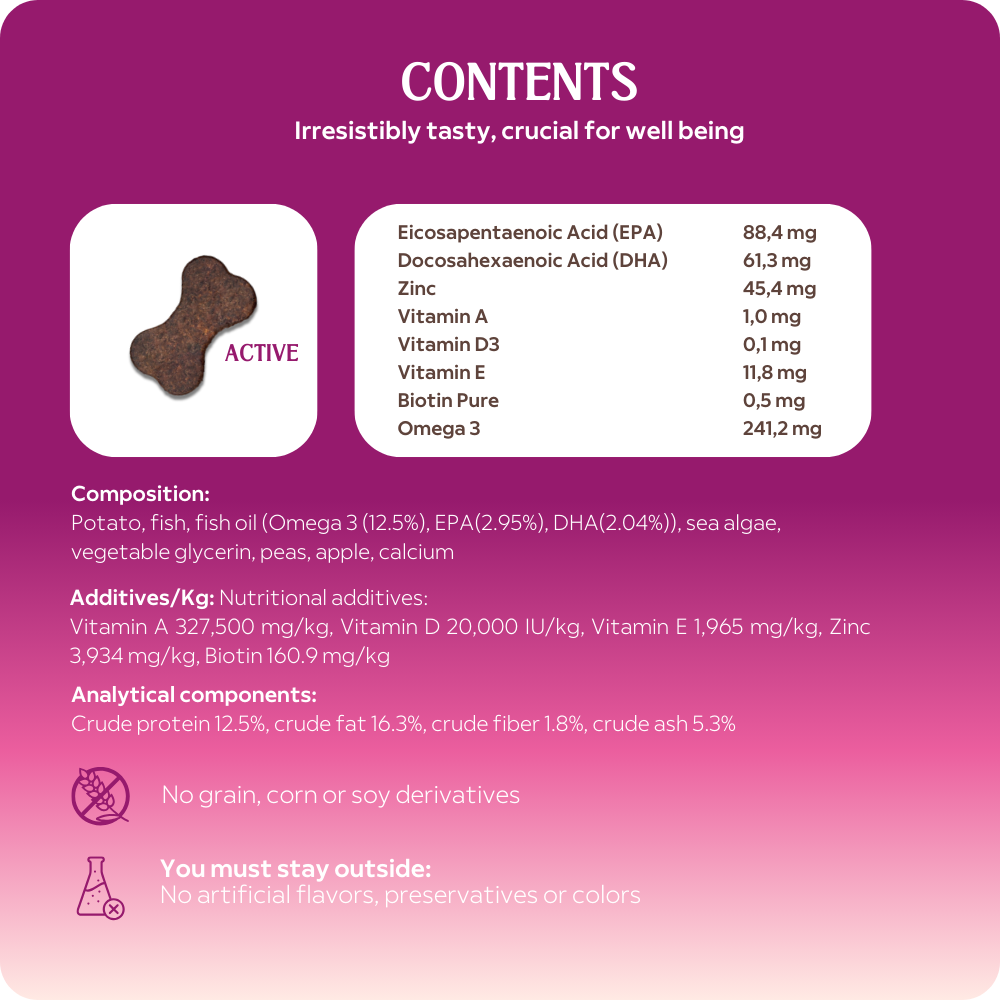When our eyes light up at the sight of chocolate, candies, and other sweet treats, it's hard to resist the irresistible urge. But what does it look like when our four-legged friend looks at us with his begging eyes while we snack? Can dogs eat candy? In this article you will find out why dogs' cravings for sweets should be treated with caution and what alternatives exist for a healthy dog snack.
The Dangers of Candy for Dogs
Dogs and sweets - this combination is not only unhealthy, but in certain cases can also be dangerous for our furry friend. Here are some reasons why:
- Chocolate and caffeine : Chocolate contains theobromine and caffeine, which are toxic to dogs and can cause serious health problems.
- Xylitol : This artificial sweetener, often found in sugar-free candies, is extremely toxic to dogs and can cause liver failure.
- Obesity and diabetes : Excessive sugar consumption can lead to obesity and diabetes in dogs.
Safer sweet alternatives
Even though traditional sweets are off-limits for dogs, there are other ways you can safely give your dog a sweet treat:
- Fruit : Some fruits such as apples, pears and bananas can be fed in moderation (always remove seeds and peel).
- Dog-Specific Treats : Choose treats that are specifically designed for dogs and do not contain dangerous ingredients.
- Homemade Snacks : Create homemade dog treats with safe, dog-friendly ingredients.
A sweet tooth with a sense of responsibility
It is fundamental to balance our dog's desire for a treat with his health well-being. We must take responsibility as owners by ensuring that the “sweets” we offer our dogs are safe, nutritious and in appropriate quantities.
Conclusion: safety over sweetness
Even if it's hard to resist those begging eyes, remember that your dog's health comes first. Choose safe, dog-friendly snack options to please your four-legged friend and keep the human treats out of their reach. Because the sweetest reward for us dog owners is having a healthy, happy and safe pet.
Note: This post is informative and does not replace veterinary advice. If you are unsure or have an emergency, you should always consult a professional veterinarian.





